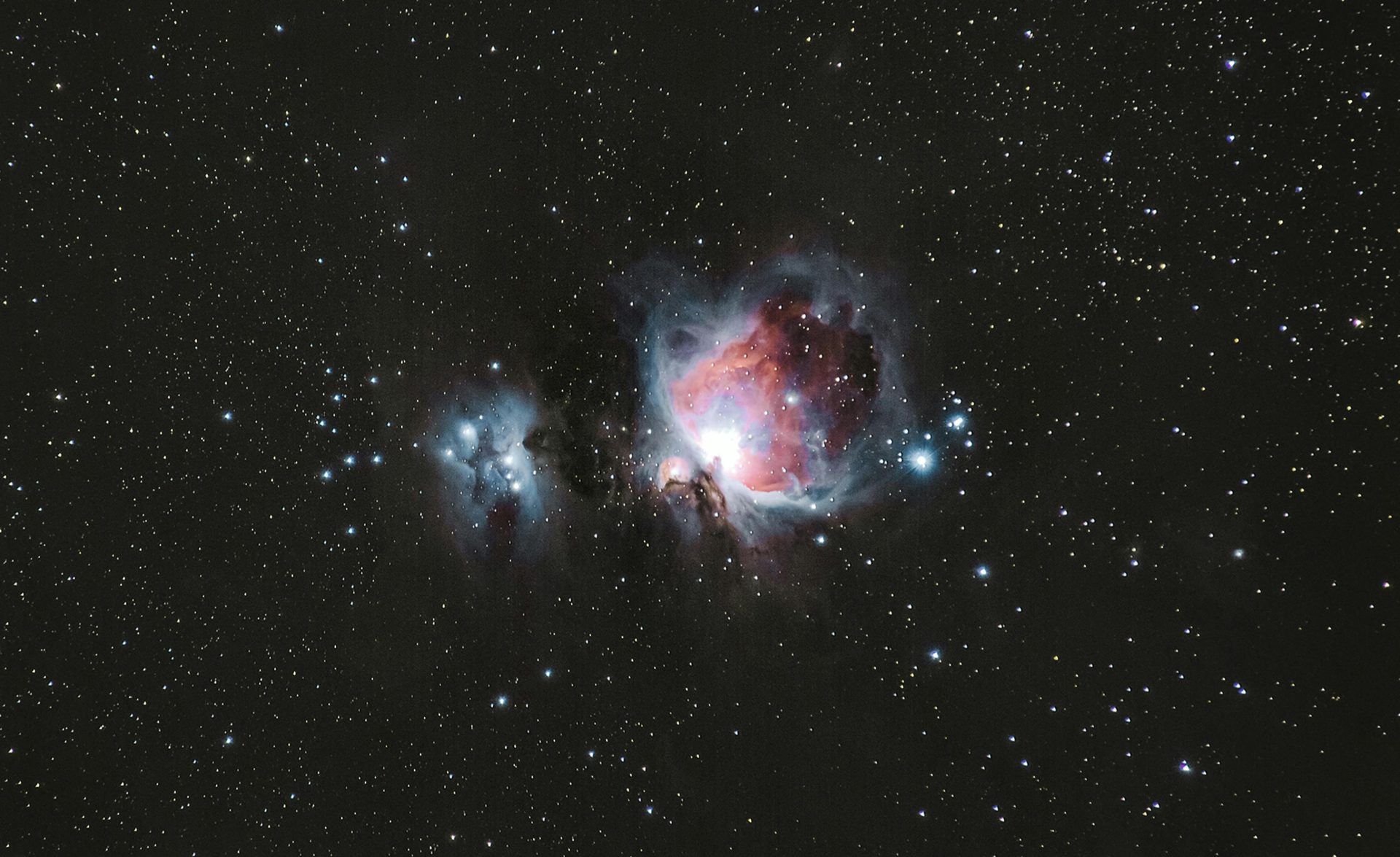Consciousness and Time Perception: Exploring the Relationship

Hey there, amazing readers! 🖐️ Just a quick note: yes, we know there are a lot of ads here. Trust us, we get it—it’s not the prettiest look, but they help us keep this blog alive and kicking. Those pesky little ads cover the costs of all the behind-the-scenes magic, from hosting and tech stuff to creating content we hope you’ll love.
We’re committed to delivering quality posts, and your support (even just sticking around despite the ads) means everything to us. So, bear with us, and thanks for helping us keep the good vibes rolling. Now, on to the fun stuff! 😉
TRANSLATE BUTTON AT THE END OF THE ARTICLE
A Quick Overview
Consciousness and time perception are two interconnected aspects of human experience that have intrigued philosophers, psychologists, and neuroscientists for centuries.
The relationship between consciousness and our perception of time is complex and multifaceted, with ongoing research shedding light on how our awareness of the world around us influences how we experience and measure time.
In this article, we will delve into the nature of consciousness, explore the mechanisms behind time perception, and examine how these two components interact to shape our temporal experiences.
Introduction to Consciousness and Time Perception
Consciousness, often described as the state of being aware of and able to think about one’s own existence, is a fundamental aspect of human cognition.
It encompasses our thoughts, feelings, sensations, and perceptions, providing us with a subjective experience of the world.
Time perception, on the other hand, refers to the way in which we perceive and interpret the passage of time.
It influences our ability to estimate durations, sequence events, and make decisions based on temporal information.
The relationship between consciousness and time perception is intricate, as our awareness of the present moment influences how we perceive the flow of time.
The Nature of Consciousness
Consciousness is a complex and multifaceted phenomenon that encompasses various aspects of human experience.
It involves our ability to be self-aware, to experience thoughts and emotions, and to perceive the world around us.
Consciousness is not a unitary concept but rather a dynamic process that can vary in intensity and focus.
It underpins our ability to reflect on our own experiences, make decisions, and engage in complex cognitive tasks.
The study of consciousness is a challenging endeavor, as it involves exploring the inner workings of the mind and unraveling the mysteries of subjective experience.
Understanding Time Perception
Time perception refers to the way in which we perceive and experience the passage of time.
It involves processes such as temporal processing, duration estimation, and temporal order judgments.
Our ability to accurately perceive time is crucial for a wide range of cognitive functions, including memory, decision-making, and motor coordination.
Time perception is not a passive process but rather an active cognitive operation that involves the integration of sensory information, attentional mechanisms, and memory processes.
It can be influenced by various factors, such as attentional focus, emotional state, and cognitive load.
How Does Consciousness Affect Time?
Consciousness plays a crucial role in shaping our experience of time.
Our awareness of the present moment, our ability to focus attention, and our capacity for introspection all influence how we perceive and interpret temporal information.
Consciousness can alter the subjective experience of time, leading to phenomena such as time dilation or contraction.
For example, when we are engaged in a challenging task that requires focused attention, time may appear to pass more slowly.
Conversely, when we are bored or distracted, time can seem to speed up.
The relationship between consciousness and time perception is dynamic and context-dependent, highlighting the intricate interplay between these two cognitive processes.
Theories on Consciousness and Time Perception
Several theories have been proposed to explain the relationship between consciousness and time perception.
One prominent theory is the internal clock model, which posits that the brain contains an internal pacemaker that generates subjective time intervals.
According to this model, time perception is based on the accumulation of pulses emitted by the pacemaker.
Another theory, the attentional gate model, suggests that attentional mechanisms play a crucial role in shaping our perception of time.
This model proposes that attention acts as a gatekeeper, regulating the flow of temporal information and influencing how we experience the passage of time.
Neurological Basis of Time Perception
The neural basis of time perception involves a complex network of brain regions that are responsible for processing temporal information.
Key structures involved in time perception include the prefrontal cortex, the parietal cortex, and the basal ganglia.
These regions work together to integrate sensory information, maintain temporal representations, and generate subjective experiences of time.
Neuroimaging studies have provided insights into the neural mechanisms underlying time perception, revealing the intricate interplay between different brain regions in shaping our temporal experiences.
Cognitive Processes Involved in Time Perception
Time perception is a cognitive process that involves the integration of sensory information, attentional mechanisms, and memory processes.
Our ability to perceive time accurately relies on the coordination of these cognitive functions.
Temporal processing involves the encoding, storage, and retrieval of temporal information, which allows us to make sense of the temporal structure of the world around us.
Attentional mechanisms play a crucial role in regulating the flow of temporal information and determining our focus on specific temporal events.
Memory processes, such as working memory and long-term memory, are also involved in time perception, enabling us to maintain temporal representations and make accurate temporal judgments.
The Role of Attention in Time Perception
Attention is a fundamental cognitive process that plays a crucial role in shaping our perception of time.
Our ability to focus attention on specific temporal events influences how we experience the passage of time.
Attentional mechanisms act as gatekeepers, regulating the flow of temporal information and determining which events are encoded and stored in memory.
When we focus attention on a particular task or stimulus, time may appear to pass more slowly, as our awareness of temporal information is heightened.
Conversely, when attention is divided or distracted, time can seem to speed up, leading to an altered perception of temporal intervals.
The Influence of Emotions on Time Perception
Emotions play a significant role in shaping our perception of time.
Our emotional state can influence how we experience the passage of time, leading to subjective distortions in temporal perception.
Positive emotions, such as excitement or joy, can make time seem to fly by, while negative emotions, such as fear or anxiety, can make time appear to drag on.
Emotions can alter our attentional focus, memory processes, and temporal judgments, ultimately shaping our subjective experience of time.
The relationship between emotions and time perception is complex and context-dependent, highlighting the influence of affective states on our temporal experiences.
Time Dilation and Contraction
Time dilation and contraction refer to subjective distortions in time perception that can occur under certain conditions.
Time dilation involves the perception that time is passing more slowly than it actually is, while time contraction refers to the feeling that time is passing more quickly.
These temporal illusions can arise in various contexts, such as during intense or novel experiences, states of heightened arousal, or altered states of consciousness.
Time dilation and contraction are subjective phenomena that highlight the flexible nature of our perception of time, demonstrating how consciousness can shape our temporal experiences in unexpected ways.
Practical Implications of Time Perception
Our perception of time has practical implications for various aspects of daily life, including decision-making, productivity, and well-being.
Understanding how consciousness influences time perception can help us optimize our cognitive processes, manage our time more effectively, and enhance our subjective experiences of time.
By becoming more aware of the factors that influence our perception of time, we can make informed choices about how to allocate our time and attention.
Practicing mindfulness, setting clear goals, and reducing distractions can all contribute to a more accurate and satisfying experience of time.
Future Research Directions in Consciousness and Time Perception
Future research in the field of consciousness and time perception holds great potential for advancing our understanding of these complex cognitive processes.
Ongoing studies are exploring the neural mechanisms underlying time perception, investigating the role of attention and memory in shaping temporal experiences, and examining the influence of emotions on time perception.
Emerging technologies, such as virtual reality and neuroimaging techniques, offer new opportunities to study consciousness and time perception in innovative ways.
By integrating insights from multiple disciplines, such as psychology, neuroscience, and philosophy, researchers can continue to unravel the mysteries of how consciousness shapes our perception of time.
Conclusion
In conclusion, consciousness and time perception are intertwined aspects of human cognition that play a crucial role in shaping our subjective experiences of the world.
The relationship between consciousness and time perception is dynamic and multifaceted, involving intricate cognitive processes, neural mechanisms, and emotional influences.
By exploring the nature of consciousness, understanding the mechanisms behind time perception, and investigating the interplay between these two components, we can gain valuable insights into how our awareness of the present moment influences how we experience and measure time.
As research in this field continues to evolve, we can look forward to new discoveries that deepen our understanding of the complex relationship between consciousness and time perception.

The Enlightenment Journey is a remarkable collection of writings authored by a distinguished group of experts in the fields of spirituality, new age, and esoteric knowledge.
This anthology features a diverse assembly of well-experienced authors who bring their profound insights and credible perspectives to the forefront.
Each contributor possesses a wealth of knowledge and wisdom, making them authorities in their respective domains.
Together, they offer readers a transformative journey into the realms of spiritual growth, self-discovery, and esoteric enlightenment.
The Enlightenment Journey is a testament to the collective expertise of these luminaries, providing readers with a rich tapestry of ideas and information to illuminate their spiritual path.
Our Diverse Expertise 🌟
While our primary focus is on spirituality and esotericism, we are equally passionate about exploring a wide range of other topics and niches 🌍📚. Our experienced team is dedicated to delivering high-quality, informative content across various subjects ✨.
To ensure we provide the most accurate and valuable insights, we collaborate with trusted experts in their respective domains 🧑🏫👩🏫. This allows us to offer well-rounded perspectives and knowledge to our readers.
Our blog originally focused on spirituality and metaphysics, but we’ve since expanded to cover a wide range of niches. Don’t worry—we continue to publish a lot of articles on spirituality! Frequently visit our blog to explore our diverse content and stay tuned for more insightful reads.




















